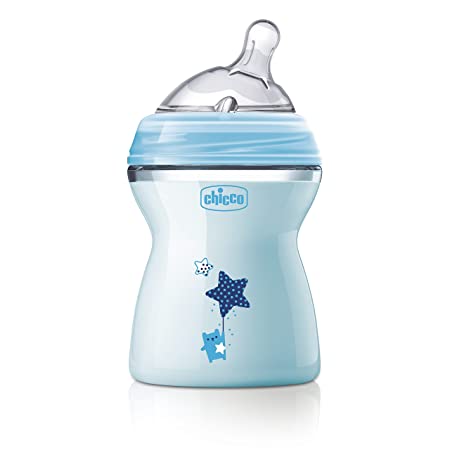Breastfeeding is a remarkable journey that nourishes and strengthens the bond between a mother and her child. While the World Health Organization recommends exclusive breastfeeding for the first six months of a baby's life, many parents consider extending breastfeeding beyond this period. In this blog post, we will explore the benefits and considerations of extending breastfeeding and how it can positively impact your child's health and development.
Benefits of Extending Breastfeeding:
-
Optimal Nutrition: Breast milk is a complete and tailored source of nutrition for infants. It contains the perfect blend of nutrients, antibodies, and enzymes necessary for your child's growth and development. By extending breastfeeding, you ensure that your child continues to receive this optimal nutrition, which can contribute to their overall health and well-being.
-
Enhanced Immune System: Breast milk is rich in antibodies and immune-boosting factors that help protect your child from infections and diseases. Continuing to breastfeed beyond six months provides ongoing immune support, reducing the risk of respiratory illnesses, gastrointestinal infections, and allergies. The antibodies present in breast milk adapt to your child's changing needs, providing targeted protection against specific pathogens.
- Cognitive Development: Breast milk is not only essential for physical growth but also plays a crucial role in your child's cognitive development. It contains essential fatty acids, such as DHA (docosahexaenoic acid), which are important for brain development. The unique composition of breast milk supports optimal brain function and has been linked to improved cognitive abilities, including better memory, attention span, and language development.
- Emotional Bonding: Breastfeeding nurtures a deep emotional bond between mother and child. The act of breastfeeding promotes skin-to-skin contact, eye contact, and closeness, which fosters feelings of security and attachment. Extending breastfeeding allows for the continuation of this intimate connection, providing emotional support and reassurance to your child as they navigate their early year.
- Long-Term Health Benefits: Research suggests that extended breastfeeding may offer long-term health benefits for both mother and child. Children who are breastfed for longer durations have a reduced risk of obesity, diabetes, asthma, and certain types of cancer later in life. Mothers who breastfeed longer also experience a lower risk of breast and ovarian cancer, as well as improved bone health.
Considerations for Extended Breastfeeding:
- Mother's Well-being: While breastfeeding can be a rewarding experience, it's essential to consider the mother's physical and emotional well-being. Extended breastfeeding requires additional time and energy, which can be demanding for some mothers. It's crucial to establish a support system and prioritize self-care to ensure a positive breastfeeding journey. \
- Child's Nutritional Needs: As your child grows, their nutritional needs evolve. While breast milk continues to provide valuable nutrients, introducing complementary foods around six months is important to meet their increasing nutritional requirements. Consult with a healthcare professional to ensure your child's dietary needs are adequately met during the extended breastfeeding period.
Conclusion: Extending breastfeeding beyond the recommended six-month mark offers numerous benefits for your child's health and development. From optimal nutrition and enhanced immune support to cognitive development and emotional bonding





